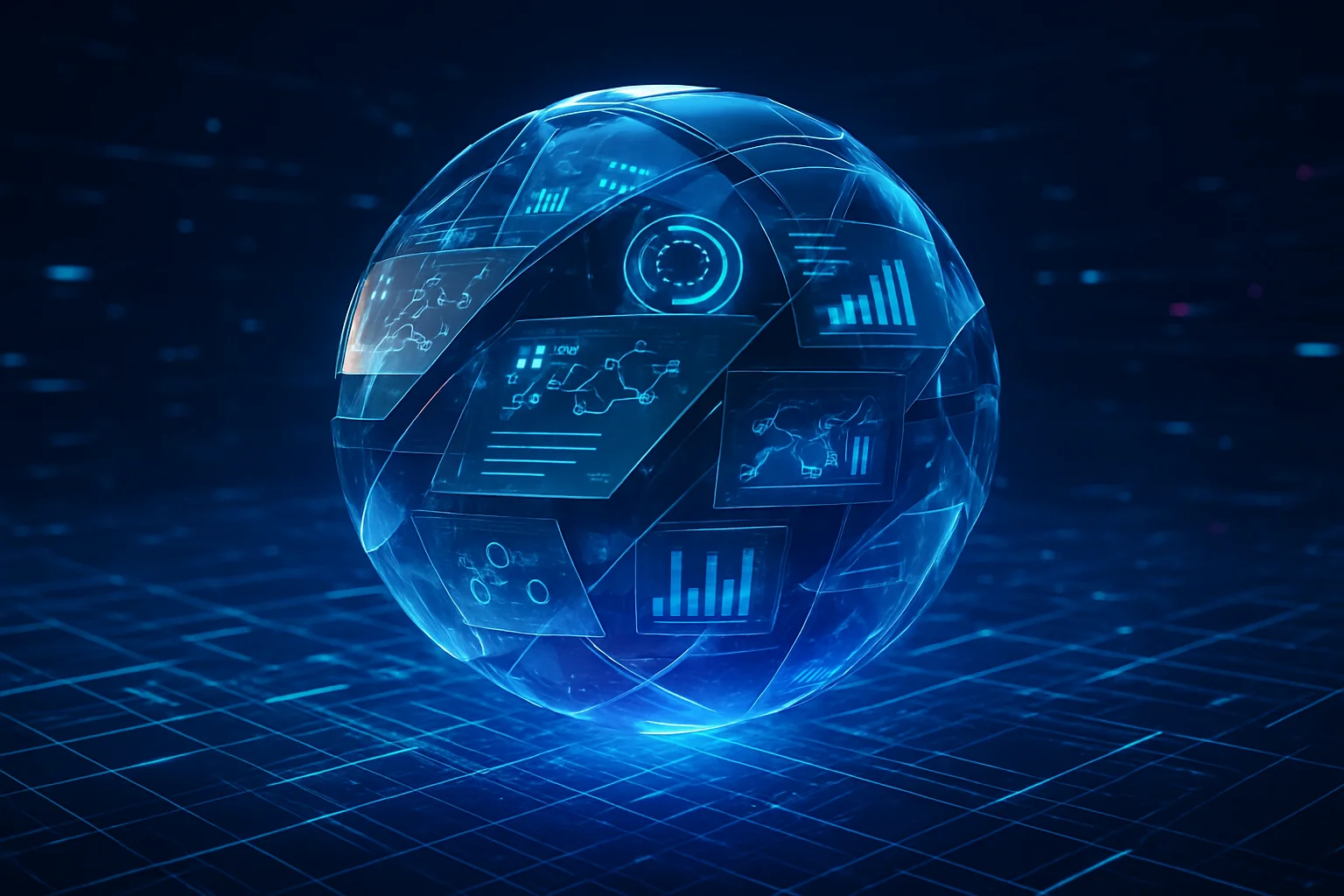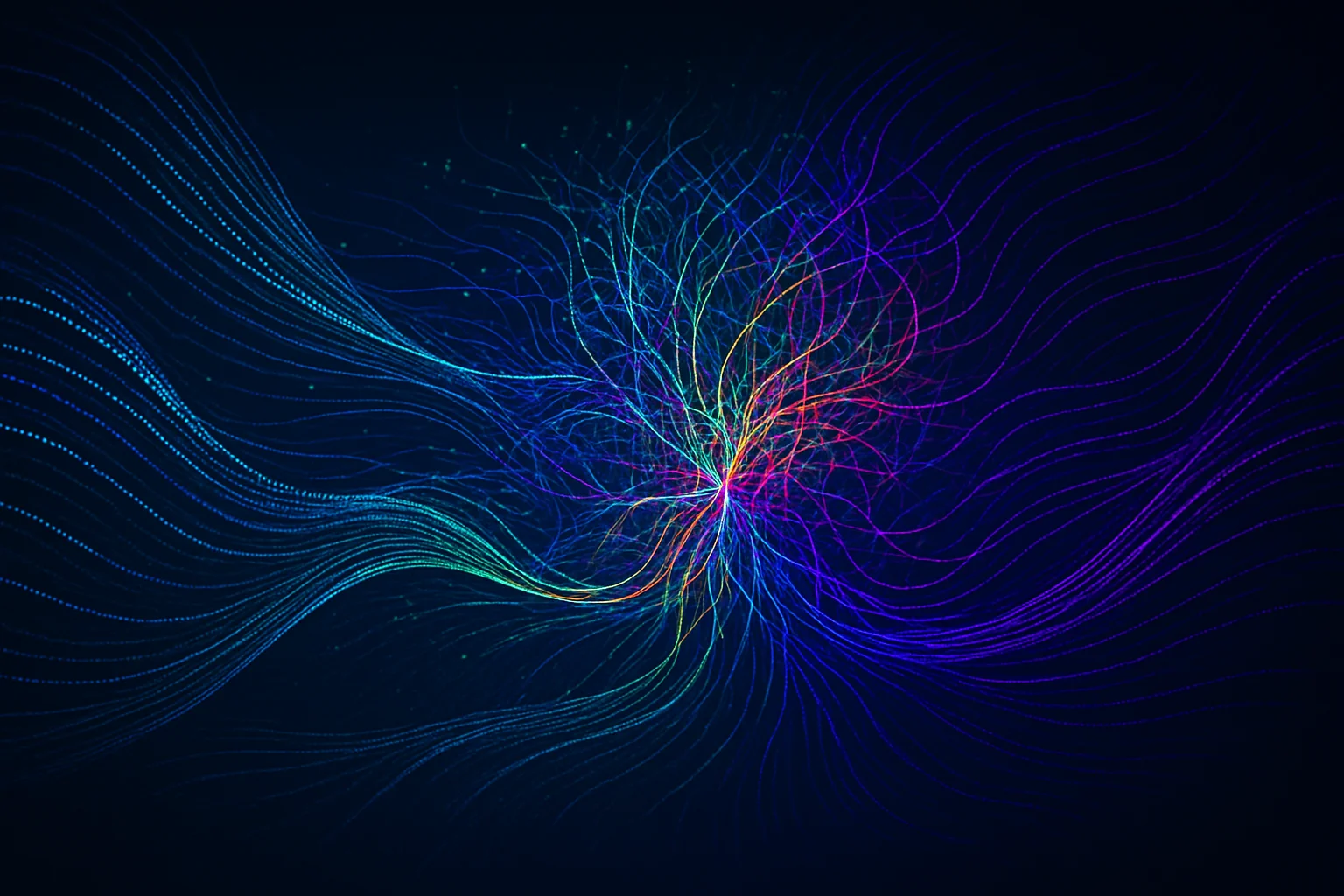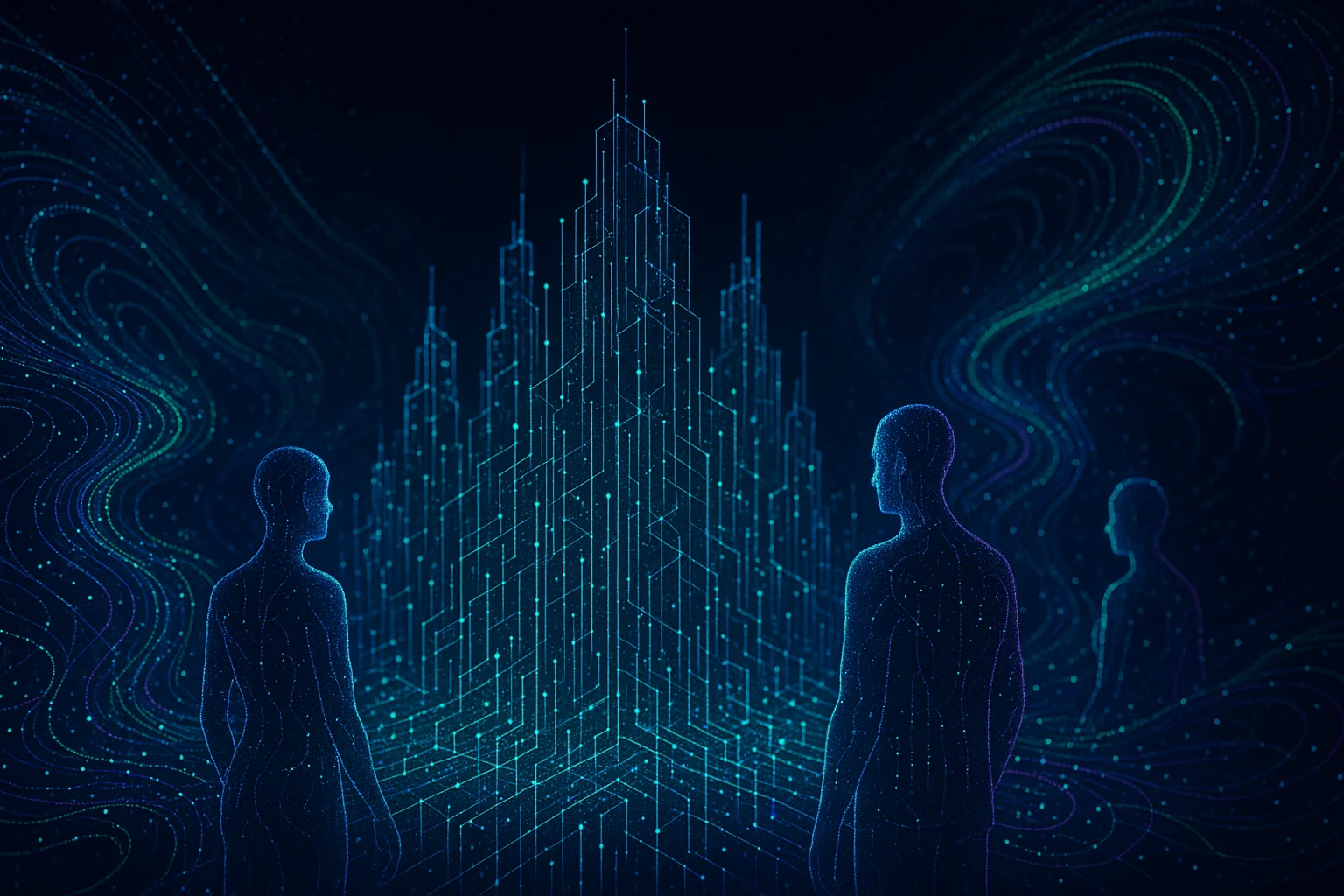In an era where marketing demands precision and agility, AI marketing agents are emerging as transformative tools. Unlike traditional automation, these agents act as autonomous, goal-driven collaborators, bridging the gap between strategy ideation and real-time execution. This paradigm shift is crucial in 2025, as marketing teams face complex challenges like privacy shifts and the need for hyper-personalization. For a comprehensive understanding, explore our complete AI marketing agents guide.
What This Article Covers
- Discover how AI marketing agents differ from traditional tools and what makes them unique.
- Learn about the architectural layers that enable these agents to function autonomously.
- Understand the practical use cases and scenarios where AI marketing agents excel.
- Gain insights into the implementation framework for integrating AI agents into your marketing strategy.
- Explore common misconceptions and mistakes to avoid when deploying AI marketing agents.
Understanding AI Marketing Agents
AI marketing agents are not just another tool in the marketer's arsenal; they represent a fundamental shift in how marketing operations are conducted. These agents are autonomous software entities that ingest data, apply strategic decision logic, and execute actions across multiple channels, continuously learning from outcomes to refine their behavior.
The Architectural Layers
To demystify the so-called "black-box AI," let's break down the core components of AI marketing agents:
- Perception Layer: This involves data ingestion from various sources like CRM, analytics, social media, and ads.
- Decision-Making Engine: Here, agents decompose goals, allocate budgets, and segment audiences.
- Action Interface: This layer handles API calls to ad platforms, email services, and social schedulers.
- Learning Loop: Agents track performance, receive reward signals, and undergo retraining or prompt tuning.
The OODA Loop Framework
A useful mental model for understanding AI marketing agents is the OODA Loop: Observe, Orient, Decide, Act. This loop allows agents to pull data, contextualize it against goals, plan actions, execute via APIs, and then feedback into the observation phase. This cyclical process ensures continuous optimization and adaptation.
Practical Use Cases
AI marketing agents can significantly enhance various marketing functions. Here are some scenarios:
- SaaS Startup: Automates trial-to-paid email nurture by analyzing user behavior and crafting personalized sequences.
- E-commerce Brand: Runs dynamic ad bidding, allocating budgets across channels in real-time based on ROAS thresholds.
- B2B Lead Scoring: Ingests form submissions, ranks leads, and schedules tailored LinkedIn outreach.
- Retail Loyalty Programs: Optimizes reward structures and communications to increase purchase frequency.
Implementation Framework
Implementing AI marketing agents requires a strategic approach. Here's a step-by-step guide:
- Define Objectives and KPIs: Start with clear marketing objectives suited for automation, such as cost-per-acquisition or churn rate.
- Audit Data Sources: Centralize key data sources and ensure API access and permissions.
- Select Agent Framework: Choose based on modularity, ML capability, and security posture.
- Prototype Narrowly: Begin with a narrowly scoped agent like a PPC bid manager to validate ROI.
- Establish Governance: Set up escalation paths, budget caps, and human-in-the-loop checkpoints.
For a deeper dive into automation, check out AI Marketing Automation: Everything You Need to Know.
FAQ
What exactly is an AI marketing agent?
An AI marketing agent is an autonomous software entity that ingests marketing data, applies strategic decision logic, and executes actions across multiple channels.
How do AI marketing agents differ from marketing automation platforms?
Unlike traditional automation, AI marketing agents can make strategic decisions and learn from outcomes, offering a more dynamic and adaptive approach.
Can an AI agent write and send emails without human review?
Yes, but it's advisable to maintain a human-in-the-loop for brand consistency and compliance.
What data do I need to get started with an AI marketing agent?
You'll need access to CRM data, analytics, social media metrics, and ad performance data.
How do I measure ROI of an AI marketing agent?
Measure ROI by tracking metrics like cost-per-acquisition, conversion rates, and overall revenue lift.
Conclusion
AI marketing agents are revolutionizing marketing by acting as autonomous collaborators that bridge strategy and execution. The key shift is moving from isolated task automation to agentic orchestration, enabling real-time, data-driven decisions. If you'd rather have autonomous agents run this entire workflow for you, Gentura can do it on autopilot while you focus on product.
Gentura builds autonomous marketing agents that replace the full expert marketing workflow. Our agents research, plan, write, optimize, publish, and monitor content automatically.
Related Articles

AI Marketing Agents: The Complete 2025 Guide
Discover how AI marketing agents transform strategies with the 5D Framework for 2025. Scale, personalize, and optimize seamlessly.

AI Marketing Automation: Everything You Need to Know
Discover how AI marketing automation transforms campaigns with personalization and predictive insights in 2025.
Ready to Get Started?
Transform your marketing with AI-powered agents. Create content at scale, optimize campaigns automatically, and grow faster.
Get Your AI Agent
